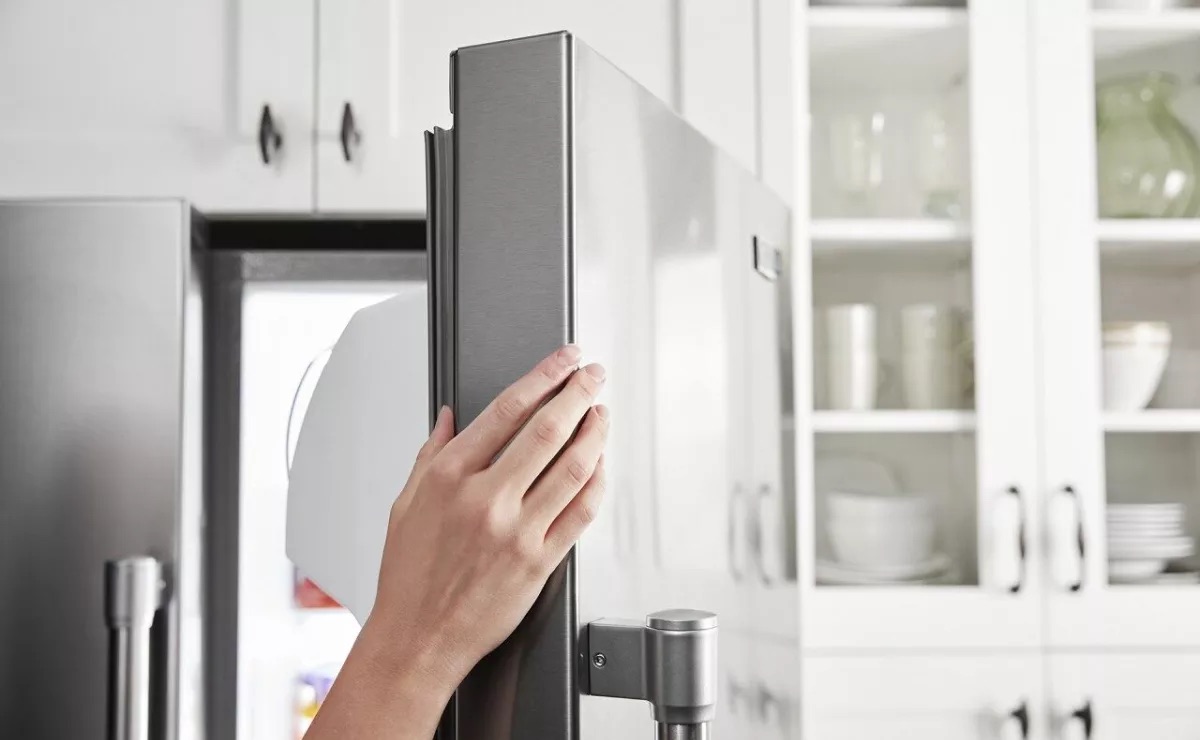

Articles
Why Does Refrigerator Make Noise
Modified: November 2, 2024
Discover why your refrigerator makes noise with these informative articles. Get expert insights and troubleshooting tips to keep your fridge running quietly and efficiently.
(Many of the links in this article redirect to a specific reviewed product. Your purchase of these products through affiliate links helps to generate commission for Storables.com, at no extra cost. Learn more)
Introduction
The refrigerator is an essential appliance in every household, keeping our food fresh and extending its shelf life. However, many of us have experienced that occasional noise coming from our refrigerators. Whether it’s a buzzing, humming, or rattling sound, it can be quite concerning and may disrupt our peace of mind.
In this article, we will delve into the various components of a refrigerator and explore the common reasons why refrigerators make noise. By understanding the causes behind these noises, you can take appropriate measures to address them and maintain a quiet and efficient refrigerator.
Before we dive into the details, it’s important to note that some degree of noise is normal for a refrigerator. This is mainly due to the operation of its mechanical components and cooling system. However, if the noise becomes excessively loud or irregular, it could indicate a problem that needs to be addressed.
Now, let’s take a closer look at the different components of a refrigerator and how they contribute to the noise it produces.
Key Takeaways:
- Regular maintenance and cleaning of refrigerator components such as condenser fans, evaporator fans, and gaskets can prevent dust and debris buildup, reducing noise levels and ensuring efficient operation.
- Proper leveling, inspection of loose components, and use of vibration-dampening materials can minimize vibrations and reduce noise from the refrigerator, creating a quieter and more comfortable kitchen environment.
Read more: Why Does My Toilet Make Noise
Understanding the Components of a Refrigerator
Before we can dive into the causes of refrigerator noise, it’s important to have a basic understanding of the different components that make up this appliance.
1. Condenser: The condenser is responsible for releasing heat from the refrigerator. It is usually located at the back or bottom of the refrigerator and consists of thin metal tubes that facilitate the transfer of heat.
2. Evaporator: The evaporator is where the refrigerant absorbs heat from the food and air inside the refrigerator. It is typically located in the freezer compartment and consists of coils that get cold as the refrigerant evaporates.
3. Compressor: The compressor is the heart of the refrigerator. It pressurizes the refrigerant, which creates the necessary temperature difference for the cooling process. The compressor is typically located at the back of the refrigerator and is responsible for circulating the refrigerant between the condenser and evaporator.
4. Condenser Fan: The condenser fan is located next to the condenser and helps to dissipate heat from the refrigerator. It blows air across the condenser coils to facilitate the cooling process.
5. Evaporator Fan: The evaporator fan is responsible for circulating cold air throughout the refrigerator and freezer compartments. It helps to maintain a consistent temperature and ensures that the food remains properly chilled.
6. Defrost Timer: The defrost timer controls the automatic defrosting cycle in the refrigerator. It activates the defrost heater to melt any frost buildup on the evaporator coils, preventing them from becoming blocked and ensuring efficient cooling.
7. Ice Maker: Many refrigerators come equipped with an ice maker, which produces ice cubes on demand. The ice maker typically consists of a motor, solenoid valve, and various mechanisms for freezing and dispensing the ice.
8. Faulty Gasket or Seals: The gasket or seals around the refrigerator doors are essential for maintaining a tight seal and preventing the escape of cold air. If the gasket or seals are damaged or loose, it can lead to excessive noise as the refrigerator works harder to maintain the desired temperature.
Now that we have a better understanding of the various components, let’s explore the common causes of refrigerator noise.
Common Causes of Refrigerator Noise
Refrigerators are complex machines with many moving parts, so it’s not surprising that they can make noise from time to time. Here are some common causes of refrigerator noise:
- Condenser Fan: The condenser fan is responsible for cooling the condenser coils. If the fan becomes dirty or worn, it can produce a loud buzzing or rattling noise. Regularly cleaning and maintaining the fan can help prevent this issue.
- Evaporator Fan: The evaporator fan circulates cold air throughout the refrigerator and freezer compartments. If the fan blades become obstructed or the motor starts to wear out, it can create a loud humming or squealing noise. Cleaning or replacing the fan motor can resolve this problem.
- Defrost Timer: The defrost timer controls the automatic defrosting cycle in the refrigerator. If it becomes faulty or gets stuck, it can cause the refrigerator to make strange clicking or ticking sounds. Replacing the defrost timer should resolve this issue.
- Compressor: The compressor is responsible for pressurizing the refrigerant and circulating it through the system. A faulty compressor can produce loud noises, such as clanging or knocking sounds. In such cases, it’s best to consult a professional technician for repairs or replacement.
- Ice Maker: If your refrigerator has an ice maker, it can be a source of noise. When the ice maker cycles to fill the ice tray or eject the ice cubes, it may produce clicking or buzzing sounds. This is normal operation and should not cause concern.
- Faulty Gasket or Seals: Damaged or loose door gaskets and seals can cause the refrigerator to work harder to maintain the desired temperature, leading to increased noise. Inspecting and replacing worn gaskets or seals can help reduce noise levels.
- Blocked or Clogged Condenser Coils: Dust, debris, or pet hair can accumulate on the condenser coils, restricting airflow and causing the refrigerator to work harder. This can result in increased noise levels. Regularly cleaning the condenser coils can prevent this issue.
- Vibration from the Refrigerator: As refrigerators run, they may cause vibrations that can resonate through the floors or surrounding walls. Placing rubber pads or anti-vibration mats under the refrigerator can help reduce these vibrations.
- Water Valve: If your refrigerator has a water dispenser or ice maker, a faulty water valve can produce a humming or hammering noise. The valve may need to be cleaned or replaced to eliminate the noise.
These are just some of the common causes of refrigerator noise. It’s important to note that if the noise becomes excessively loud or irregular, it could indicate a more serious problem that requires professional attention. Regular maintenance, such as cleaning and inspecting the various components, can help prevent many of these issues and ensure a quieter refrigerator.
Condenser Fan
The condenser fan is an essential component of the refrigerator’s cooling system. Its primary function is to cool down the condenser coils, helping the refrigerant release heat and maintain efficient cooling. However, a faulty or malfunctioning condenser fan can cause various noises that can be quite bothersome.
One common issue with the condenser fan is dirt and debris buildup on the blades. Over time, dust, pet hair, and other particles can accumulate on the fan blades, causing them to become unbalanced. This imbalance can lead to a buzzing or rattling noise as the fan tries to spin. Regularly cleaning the condenser fan blades and removing any debris can help alleviate this issue.
In some cases, the condenser fan motor may start to wear out or become faulty. This can result in a loud humming or grinding noise. If you suspect an issue with the motor, it’s best to have it inspected and replaced by a professional technician.
Another common cause of noise from the condenser fan is a loose or worn fan blade. If the blade becomes loose or damaged, it can produce a scraping or rubbing noise as it comes into contact with other components. Tightening or replacing the fan blade can resolve this issue and restore smooth operation.
If you notice that the noise from the condenser fan is accompanied by reduced cooling performance or the refrigerator running for longer periods, it could indicate a more severe problem. In such cases, it is advisable to seek assistance from a qualified technician to diagnose and repair the issue.
Regular maintenance and cleaning of the condenser fan can go a long way in preventing noise issues. It is recommended to clean the fan blades and surrounding area at least once every six months or as needed, depending on your usage and environment. Keeping the fan clean and well-maintained will not only reduce noise but also enhance the efficiency and longevity of your refrigerator.
Evaporator Fan
The evaporator fan plays a crucial role in circulating cold air throughout the refrigerator and freezer compartments. It helps to maintain a consistent temperature and ensure that the food inside remains properly chilled. However, if the evaporator fan starts to malfunction, it can produce various noises that can be quite disruptive.
One of the common causes of noise from the evaporator fan is an obstruction. Over time, dust, ice, or even food particles can accumulate around the fan blades, causing them to become imbalanced or restricted. This can result in a humming, squealing, or scraping noise as the fan attempts to spin. Regularly checking and cleaning the area around the evaporator fan can help prevent this issue and ensure efficient operation.
In some cases, the evaporator fan motor itself may start to wear out or become faulty. This can lead to louder and more persistent noises, such as a continuous buzzing or whirring sound. If you suspect a problem with the motor, it is recommended to have it inspected and replaced by a professional technician to restore proper functioning.
Another potential cause of noise from the evaporator fan is ice buildup. If the defrost system malfunctions, frost can accumulate on the evaporator coils and fan blades. As a result, the fan may struggle to rotate smoothly, causing a rattling or clicking noise. Regularly defrosting the freezer and ensuring proper operation of the defrost system can help prevent this issue.
If you notice that the noise from the evaporator fan is accompanied by inadequate cooling or temperature fluctuations, it could indicate a more serious issue. It is advisable to consult a professional technician to diagnose and resolve the problem.
Regular maintenance and cleaning of the evaporator fan can help prevent noise issues. It is recommended to clean the fan blades and surrounding area regularly, ideally every three to six months or as needed. Additionally, checking the freezer for ice buildup and ensuring proper defrosting can help keep the evaporator fan functioning smoothly and quietly.
By addressing issues with the evaporator fan promptly and performing regular maintenance, you can enjoy a quieter and more efficient refrigerator.
Read more: Why Does My Attic Fan Make Noise
Defrost Timer
The defrost timer is an essential component in the refrigerator’s automatic defrosting system. It controls the timing of the defrost cycle, ensuring that any frost build-up on the evaporator coils is melted away. While the defrost timer is a crucial part of maintaining the efficiency of the refrigerator, it can sometimes be a source of noise.
One common noise issue with the defrost timer is clicking or ticking sounds. These sounds occur when the timer advances through its defrost cycle. The clicking noise is normal operation and indicates that the defrost heater is being activated to melt the frost on the evaporator coils. However, if the clicking noise is overly loud or irregular, it could indicate a malfunctioning defrost timer that requires replacement.
In some cases, the defrost timer may become stuck or freeze in one position. This can cause the refrigerator to skip the defrost cycle or prolong it, leading to excessive frost build-up on the coils. As a result, the evaporator fan may start hitting the ice, creating a scraping or rubbing noise. If you suspect an issue with the defrost timer, it is best to have it checked and replaced if necessary by a professional technician.
It’s important to note that not all refrigerators have a mechanical defrost timer. Some models utilize an electronic control board to manage the defrost cycle. If your refrigerator has an electronic control board and you experience unusual noises, it is recommended to consult the appliance’s manual or reach out to the manufacturer for assistance.
To prevent noise issues related to the defrost timer, regular maintenance is key. Keeping the area around the defrost timer clean and free from dust and debris can help ensure its proper functioning. Additionally, monitoring the refrigerator for signs of excessive frost build-up or temperature irregularities can help catch any potential problems early on.
By addressing any issues with the defrost timer promptly and performing regular maintenance, you can ensure a quieter refrigerator and prolong the lifespan of the appliance.
Compressor
The compressor is often referred to as the heart of the refrigerator. It is responsible for pressurizing the refrigerant and circulating it through the cooling system. While the compressor is an integral part of the refrigerator’s operation, it can produce various noises that may cause concern.
One of the common noise issues with the compressor is a loud clanging or knocking sound. This can indicate a problem with the internal components of the compressor. It could be due to a faulty motor, worn-out bearings, or loose parts within the compressor. In such cases, it is best to consult a professional technician to diagnose the issue and determine if repairs or a compressor replacement is necessary.
Another noise that may come from the compressor is a steady or rhythmic humming sound. This is usually normal operation, as the compressor is constantly working to maintain the desired temperature. However, if the humming becomes excessively loud or irregular, it could indicate an issue with the compressor, such as a failing motor or a clogged refrigerant line. Professional inspection and service may be required to resolve the problem.
It’s important to note that when a compressor starts or stops, it may produce a brief hissing or whooshing noise. This is a normal part of the refrigeration cycle and should not cause concern.
Regular maintenance and care can help prevent noise issues with the compressor. Keeping the area around the compressor clean and free from dust and debris can improve its efficiency and reduce the likelihood of noise problems. Additionally, avoiding excessive heat exposure and ensuring proper ventilation around the refrigerator can help prevent the compressor from overheating and potentially making noise.
While some degree of noise from the compressor is normal, any unusual or excessive noise should be investigated. If you notice a significant change in the noise level or have concerns about the compressor’s operation, it is recommended to consult a professional technician who can properly diagnose and address the issue.
By monitoring the performance of the compressor, performing regular maintenance, and seeking professional assistance when needed, you can ensure a quieter and more efficient refrigerator.
Regular maintenance and cleaning of the refrigerator’s condenser coils can help reduce noise. Dust and debris can cause the refrigerator to work harder and produce more noise.
Ice Maker
If your refrigerator is equipped with an ice maker, it can be another potential source of noise. Ice makers are designed to produce ice cubes on demand, but their operation can sometimes result in noticeable sounds.
When the ice maker cycles to fill the ice tray or eject the ice cubes, it can produce clicking or buzzing sounds. This noise is normal and indicates that the ice maker is functioning correctly. As the water valve opens to fill the ice tray or the motor rotates to release the ice cubes, these mechanical movements can generate noise.
In some cases, a loud hammering or banging noise may occur when the water valve opens or closes rapidly. This is usually due to water hammer, which happens when the water flow is suddenly stopped or redirected. While this noise can be surprising, it is not a cause for concern and does not indicate a problem with the ice maker itself.
If the noise from the ice maker is excessively loud or accompanied by other issues, such as poor ice production or water leakage, it could indicate a malfunction. In such cases, it is recommended to have the ice maker inspected by a professional technician who can identify the source of the problem and make any necessary repairs or replacements.
Regular maintenance can also help prevent noise issues with the ice maker. It is important to clean the ice maker regularly according to the manufacturer’s instructions, as the accumulation of mineral deposits or debris can affect its performance and contribute to noise. Additionally, ensuring that the water supply line is properly connected and not kinked or obstructed can help prevent water hammer and related noises.
Remember that some level of noise from the ice maker is normal, but any unusual or persistently loud noises should be investigated. By understanding the normal sounds of the ice maker and performing routine maintenance, you can enjoy the convenience of ice production without excessive noise disruptions.
Faulty Gasket or Seals
The gasket or seals around the refrigerator doors are essential for maintaining a tight seal and preventing the escape of cold air. However, if these gaskets or seals become damaged or loose, they can not only compromise the efficiency of the refrigerator but also contribute to increased noise levels.
A faulty gasket or seal can cause the refrigerator to work harder to maintain the desired temperature, leading to increased noise. As the motor and cooling system strain to compensate for the loss of cold air, they may produce louder operational sounds. Additionally, a damaged or loosely fitted gasket can cause air leaks, resulting in whistling or hissing noises as air escapes or enters the refrigerator.
Regularly inspecting the gaskets and seals around the refrigerator doors is important to ensure their integrity and functionality. Look for signs of wear, tears, or cracks in the rubber material. If you notice any damage, replacing the gasket or seal is recommended to restore a tight and efficient seal. It’s also important to ensure that the gasket is properly aligned and fastened to prevent air leaks.
In addition to visual inspection, you can perform a simple test to check the effectiveness of the gasket. Close the refrigerator door on a strip of paper or a dollar bill, and then try to pull it out. If the paper or bill slides out easily, it indicates a problem with the gasket’s seal and it should be addressed.
Regularly cleaning the gaskets can also help maintain their elasticity and effectiveness. Use a mild detergent and warm water to remove dirt, debris, and food particles from the gasket. Avoid using harsh chemicals or excessive force when cleaning to prevent damage.
By keeping the gaskets and seals in good condition, you can minimize energy loss and noise levels in your refrigerator. Addressing any issues promptly can improve the efficiency of the appliance and create a quieter environment in your kitchen.
Read more: Why Does My Plumbing Pipe Make Noise
Blocked or Clogged Condenser Coils
The condenser coils of a refrigerator play a crucial role in releasing heat and maintaining efficient cooling. However, over time, these coils can become blocked or clogged with dust, debris, pet hair, and other particles. This can lead to increased noise levels and reduced cooling performance in the refrigerator.
When the condenser coils are blocked or clogged, it restricts the airflow, making the refrigerator work harder to cool down. This extra strain on the cooling system can result in louder operational sounds, such as a buzzing or rattling noise. The refrigerator may also run for longer periods, consuming more energy and potentially causing the compressor and other components to overheat.
Regularly cleaning the condenser coils is crucial to ensure optimal performance and minimize noise levels. You can use a vacuum cleaner with a brush attachment or a soft brush to gently remove the dust and debris from the coils. It’s important to unplug the refrigerator and access the coils from the back, following the manufacturer’s instructions.
In some cases, the condenser coils may require more extensive cleaning, especially if they are heavily clogged. You may need to use a coil cleaning brush or coil cleaning solution, following the specific guidelines provided by the refrigerator manufacturer.
Along with cleaning, it’s also important to keep the area around the refrigerator free from obstructions. Ensure that there is sufficient space for proper ventilation around the appliance. Blocked airflow can contribute to increased noise as the refrigerator’s cooling system struggles to dissipate heat efficiently.
Regular maintenance and cleaning of the condenser coils can help improve the efficiency of the refrigerator and reduce noise levels. Aim to clean the coils at least once or twice a year, depending on the environment and usage. By removing the buildup of debris, the refrigerator can operate more quietly and effectively.
If you’re unsure about how to clean the condenser coils or if the noise persists after cleaning, it is recommended to consult a professional technician for further inspection and assistance.
Vibration from the Refrigerator
Vibration is another common source of noise in refrigerators. As the compressor and other components operate, they can generate vibrations that may resonate through the floors, walls, or nearby objects. These vibrations can be annoying and disruptive, especially if they are amplified or transmitted to other parts of your home.
Several factors can contribute to excessive vibrations in a refrigerator. These include uneven flooring, improper leveling, loose or worn-out components, or the lack of proper vibration-dampening materials.
To address vibrations and reduce noise levels, there are several steps you can take:
- Check for proper leveling: Ensure that your refrigerator is properly leveled. Use a bubble level to check if the appliance is sitting evenly. If it’s not, adjust the leveling feet or use shims to achieve proper alignment.
- Inspect and tighten loose components: Over time, various components of the refrigerator can become loose due to regular usage and vibrations. Check the screws, bolts, and panels, and tighten any that may contribute to the vibrations.
- Use vibration-dampening materials: Placing rubber pads or anti-vibration mats under the refrigerator can help absorb some of the vibrations and reduce their transmission to the surrounding surfaces. These materials are designed to dampen the vibrations and minimize their impact on noise levels.
- Secure loose objects: If you have items placed on top of or near the refrigerator, make sure they are secure and not contributing to the vibrations. Move any loose objects away from the refrigerator to minimize rattling or shaking noises.
- Address flooring issues: If you have uneven or unstable flooring, consider placing a sturdy and leveled platform or adding support to the area where the refrigerator sits. This can help minimize vibrations caused by an unstable foundation.
- Regular maintenance: Keeping your refrigerator well-maintained can also help reduce vibrations. Regularly clean the condenser coils, inspect the fan blades, and ensure that all internal components are in good condition. Proper maintenance can help the refrigerator operate more smoothly and minimize potential vibration-related noise issues.
By implementing these measures, you can significantly minimize the vibrations and resultant noise from your refrigerator, creating a quieter and more comfortable environment.
Water Valve
If your refrigerator has a water dispenser or an ice maker, it is equipped with a water valve that controls the flow of water into the appliance. While the water valve is crucial for providing water for drinking or ice production, it can also be a source of noise.
One common noise issue associated with the water valve is a humming or vibrating sound. This noise occurs when the valve opens to allow water flow and closes when the desired amount of water has been dispensed or the ice tray has been filled. The sound is often normal operation and should not cause concern.
However, if the humming or vibrating noise becomes excessively loud or continuous, it could indicate a problem with the water valve. A faulty valve may not open or close properly, causing the noise to persist. In such cases, it is recommended to have the water valve inspected and replaced if necessary by a professional technician.
Another noise that can occur with the water valve is a hammering or knocking sound. This noise is often related to water hammer, which happens when water flow is suddenly stopped or redirected. It can occur when the water valve closes rapidly, causing a pressure surge in the plumbing system. Although this noise can be concerning, it is not typically harmful and can be mitigated by installing water hammer arrestors or pressure-reducing valves.
Regular maintenance of the water valve is essential to ensure its proper functioning and prevent noise issues. Periodically cleaning the valve and checking for any signs of mineral deposits or debris can help maintain its efficiency and reduce the likelihood of noise. Refer to the manufacturer’s guidelines for specific cleaning instructions.
If you experience any unusual noises related to the water valve, or if you notice leaks or inconsistent water flow, it is recommended to consult a professional technician. They can diagnose the issue and provide the necessary repairs or replacements to restore the proper functioning of the water valve.
By addressing any issues with the water valve promptly and performing regular maintenance, you can ensure a quieter and more reliable water and ice dispensing experience in your refrigerator.
Tips to Reduce Refrigerator Noise
If you find that your refrigerator is producing excessive noise, there are several steps you can take to reduce the noise levels and create a more peaceful environment in your kitchen. Here are some helpful tips:
- Ensure Proper Leveling: Make sure that your refrigerator is properly leveled and stabilized. Use a bubble level to check if the appliance is sitting evenly. Adjust the leveling feet or use shims to achieve proper alignment. This can help minimize vibrations and reduce noises caused by an uneven refrigerator.
- Keep the Refrigerator Clean: Regularly clean the interior and exterior of the refrigerator to prevent the accumulation of dirt, dust, and food debris. Pay extra attention to the condenser coils, fan blades, and vents, as debris in these areas can contribute to increased noise levels. Use a mild detergent and warm water to clean these components, following the manufacturer’s guidelines.
- Check and Replace Damaged Seals: Inspect the gaskets or seals around the refrigerator doors for any signs of wear, tears, or cracks. Damaged seals can cause air leaks, leading to increased noise as the refrigerator works harder to maintain the desired temperature. Replace any damaged seals to ensure a tight and efficient seal.
- Clear the Area Around the Refrigerator: Ensure that there is ample space around the refrigerator for proper ventilation. Avoid placing items on top of the refrigerator or blocking the vents, as this can restrict airflow and contribute to increased noise levels. Keep a clearance of a few inches on all sides of the refrigerator.
- Regularly Clean the Condenser Coils: The condenser coils at the back or bottom of the refrigerator can accumulate dust and debris over time, leading to reduced efficiency and increased noise. Clean the coils at least once or twice a year to remove any buildup. Use a vacuum cleaner with a brush attachment or a soft brush to gently clean the coils.
- Check and Tighten Loose Components: Regularly inspect the screws, bolts, and panels of the refrigerator for any signs of looseness. Vibration from the appliance can sometimes cause these components to become loose, resulting in increased noise. Tighten any loose components to reduce vibrations and noise levels.
- Place Rubber Mats or Pads: If your refrigerator tends to vibrate or make noise when running, try placing rubber mats or anti-vibration pads under the appliance. These materials help absorb vibrations and reduce their transmission to the surrounding surfaces.
- Ensure Proper Defrosting: If your refrigerator has a manual defrost feature, make sure to defrost it regularly to prevent excessive ice buildup. Frost on the evaporator coils can cause the refrigerator to work harder and produce more noise. Follow the manufacturer’s guidelines for defrosting to ensure efficient operation.
Remember that some level of noise is normal for a refrigerator, but excessive or unusual noises can indicate underlying issues that may require professional attention. If you have concerns about the noise levels or suspect a problem with your refrigerator, it is recommended to consult a professional technician for proper diagnosis and repairs.
By implementing these tips and practicing regular maintenance, you can significantly reduce refrigerator noise and enjoy a quieter and more comfortable kitchen environment.
Read more: Why Does My Alexa Make Random Noises
Conclusion
Refrigerators are essential appliances in our homes, but their occasional noises can be a source of annoyance and concern. In this article, we have explored the various components of a refrigerator and identified common causes of noise. From condenser fans and evaporator fans to defrost timers and water valves, each component plays a vital role in the refrigerator’s functioning and can contribute to noise if not properly maintained.
By understanding the causes of refrigerator noise, we can take proactive measures to address them and maintain a quieter and more efficient appliance. Regular cleaning of components like condenser coils, gaskets, and fan blades can prevent dust and debris build-up, while ensuring proper leveling and inspecting for loose parts can help minimize vibrations. Keeping the area around the refrigerator clear and maintaining adequate airflow can also contribute to reducing noise.
It’s important to remember that some degree of noise is normal for a refrigerator, especially during certain operational cycles. However, if the noise becomes excessively loud, irregular, or is accompanied by other issues, it may indicate an underlying problem that requires professional attention.
By practicing regular maintenance, staying attentive to any changes in noise levels, and seeking professional assistance when needed, we can ensure that our refrigerators operate efficiently and quietly, enhancing our overall kitchen experience.
Remember, a quieter refrigerator not only brings peace of mind but also contributes to a more enjoyable and comfortable environment in our homes.
Frequently Asked Questions about Why Does Refrigerator Make Noise
Was this page helpful?
At Storables.com, we guarantee accurate and reliable information. Our content, validated by Expert Board Contributors, is crafted following stringent Editorial Policies. We're committed to providing you with well-researched, expert-backed insights for all your informational needs.

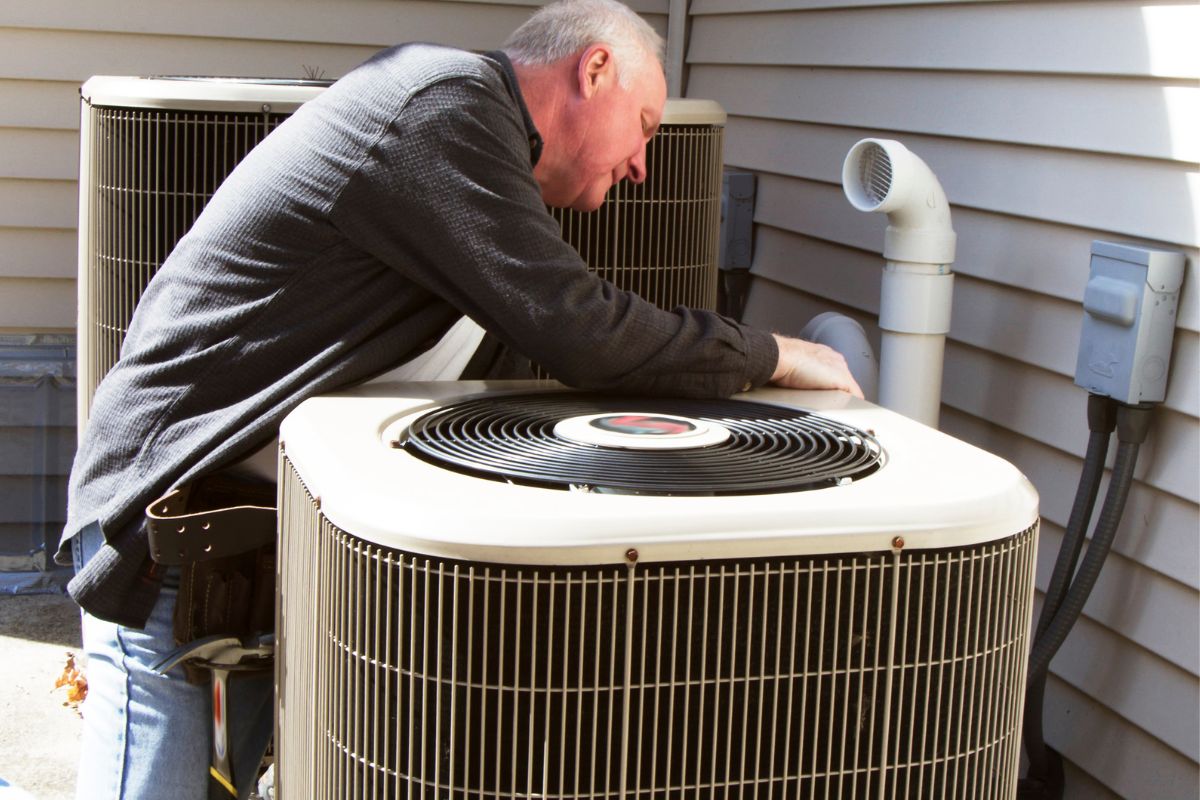
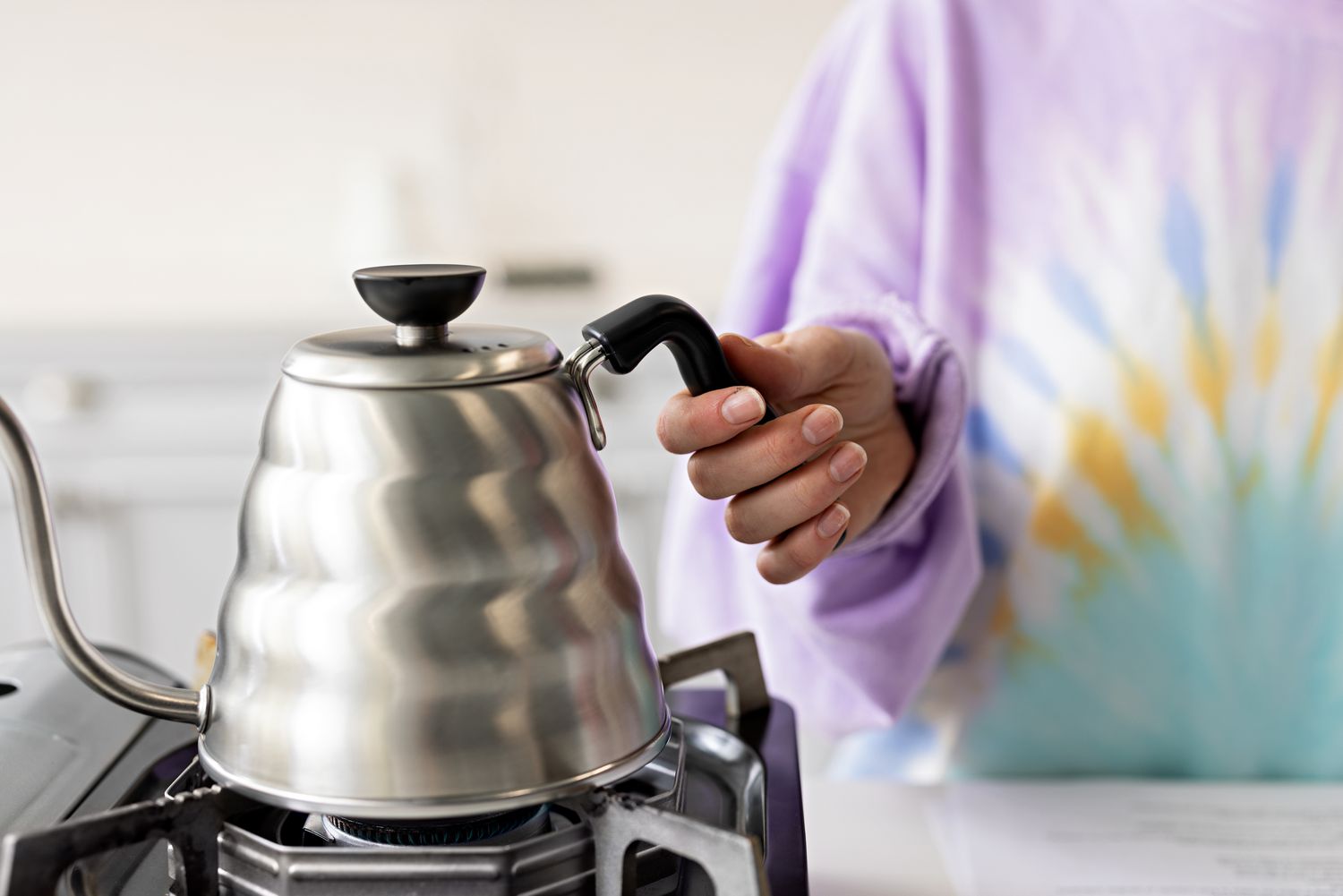
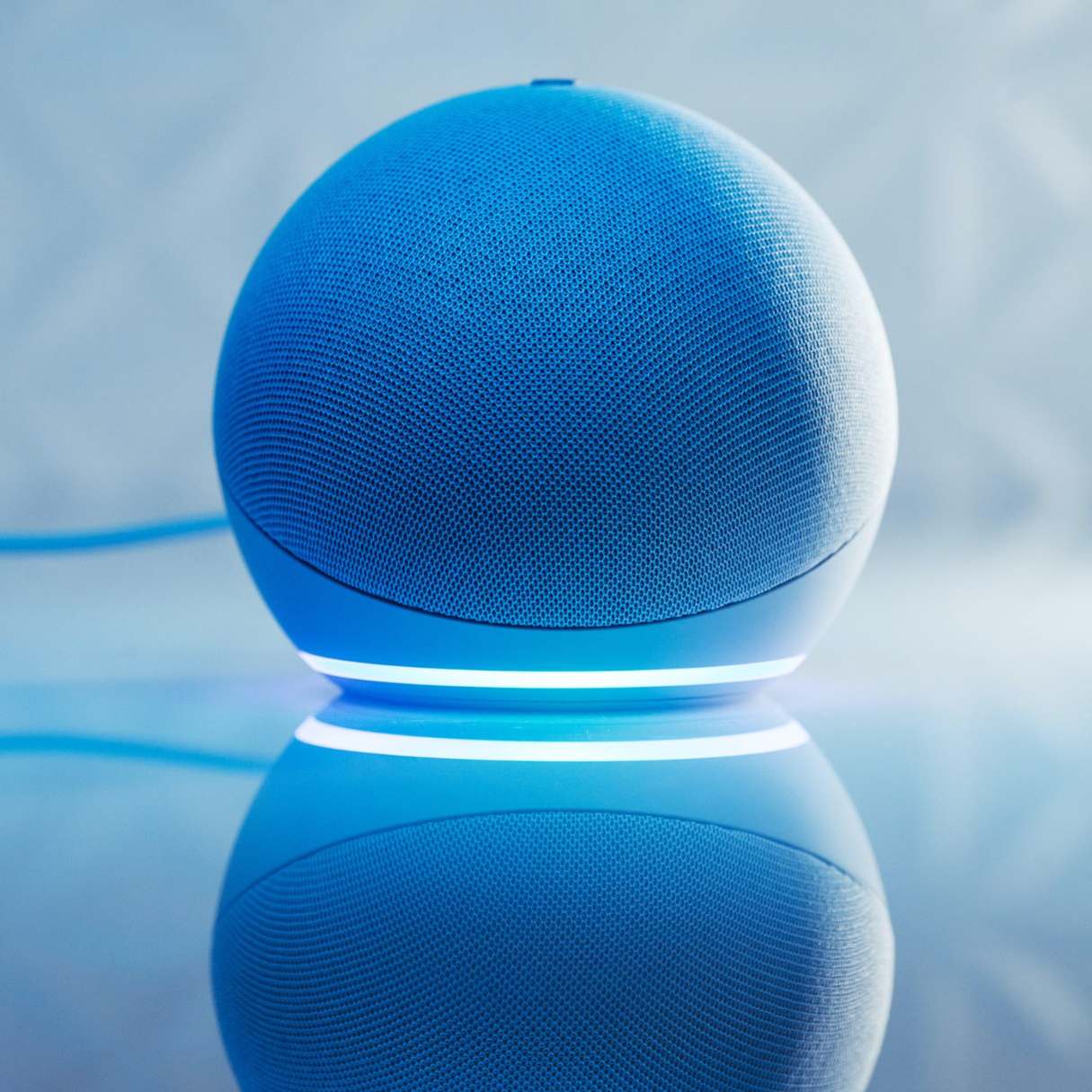
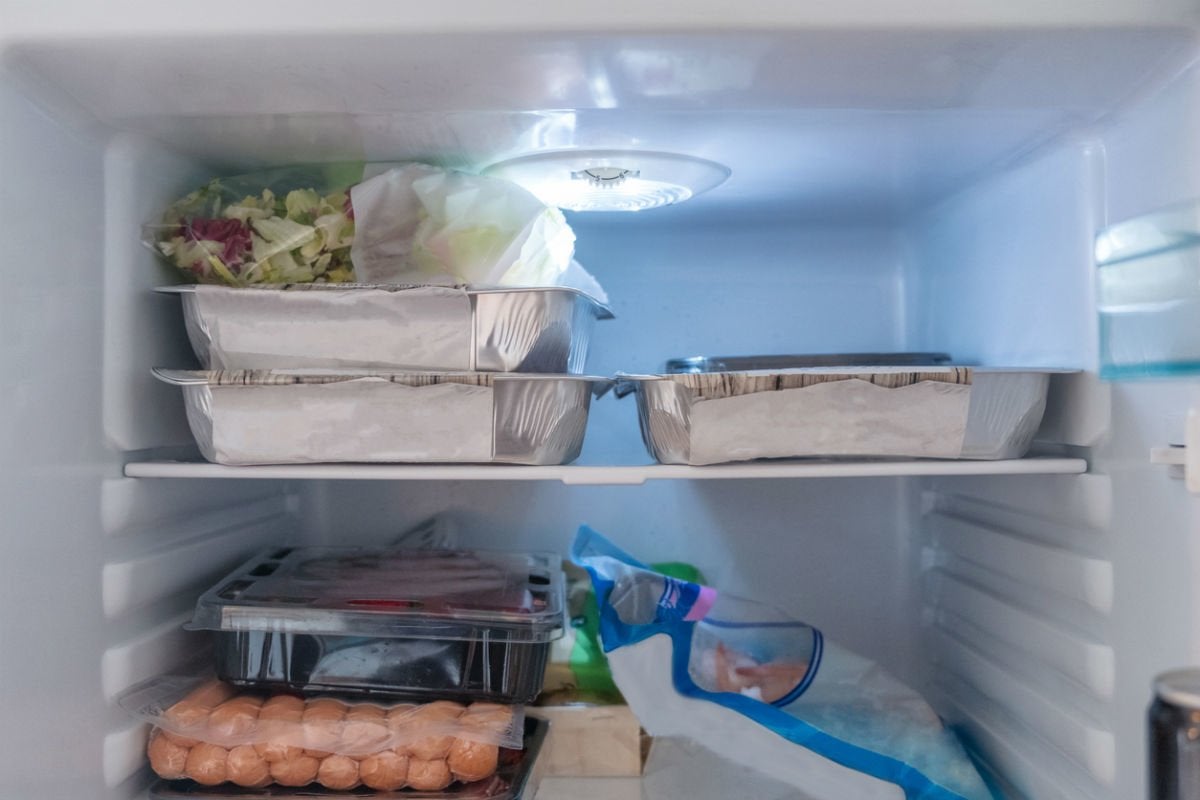
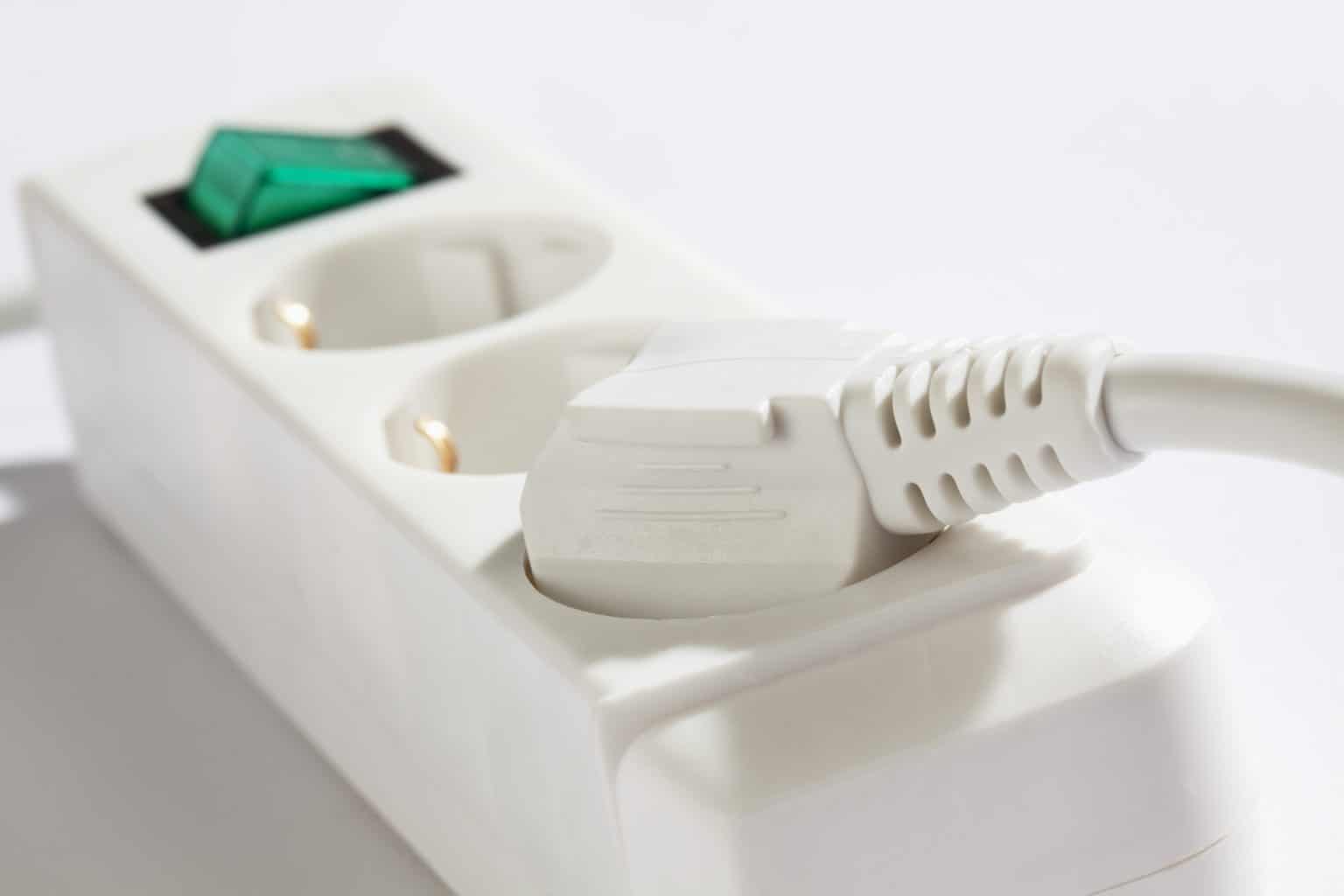
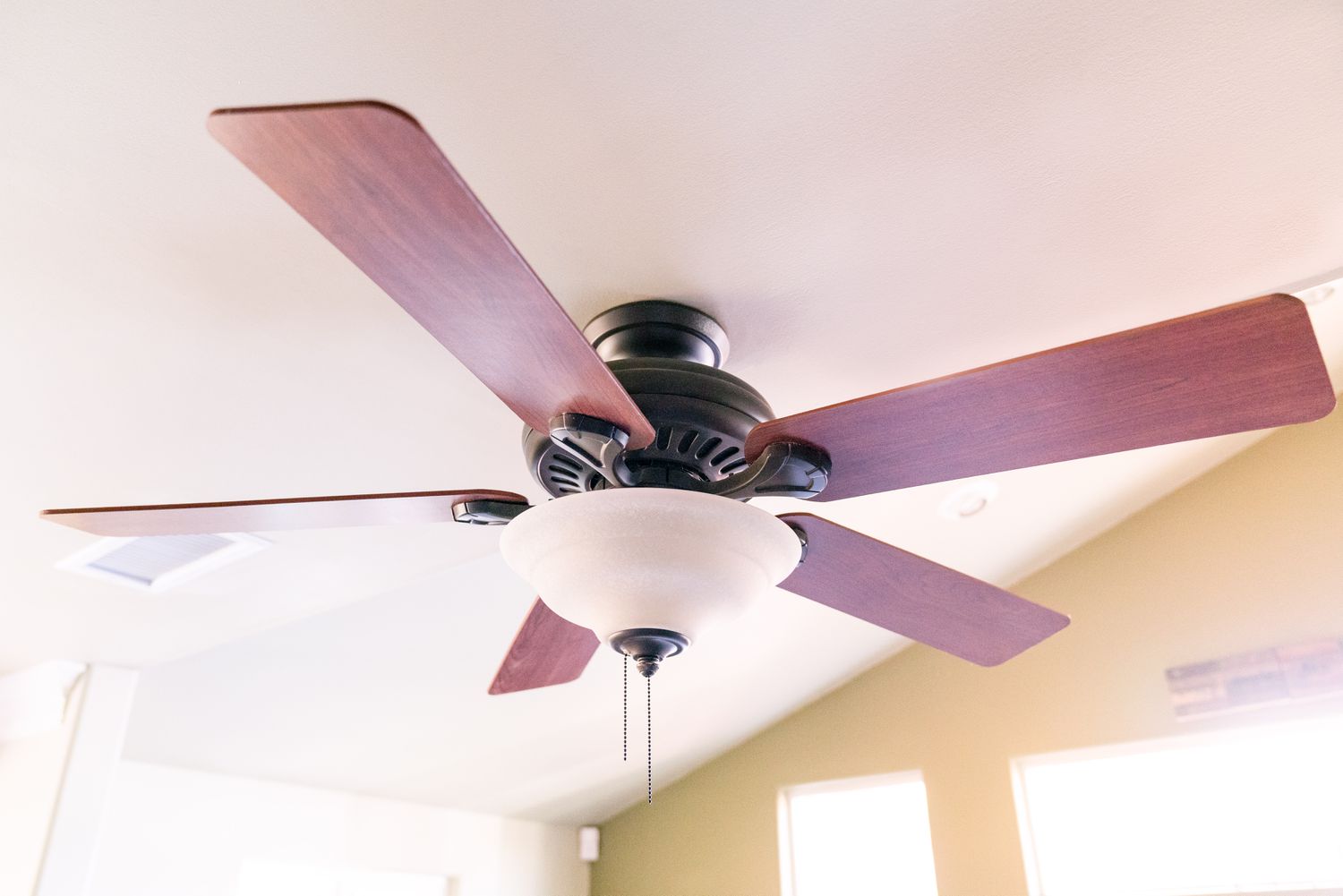
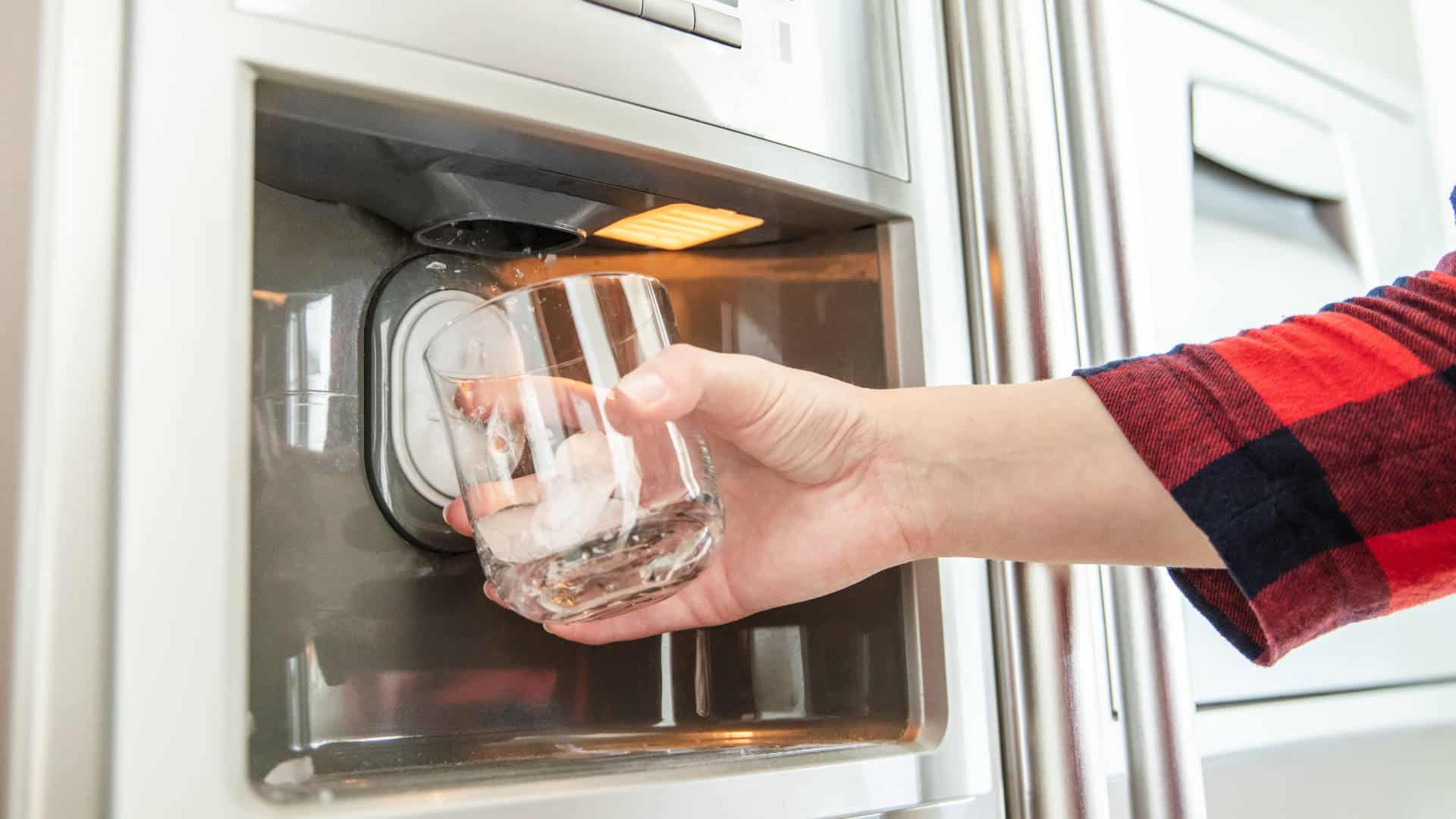
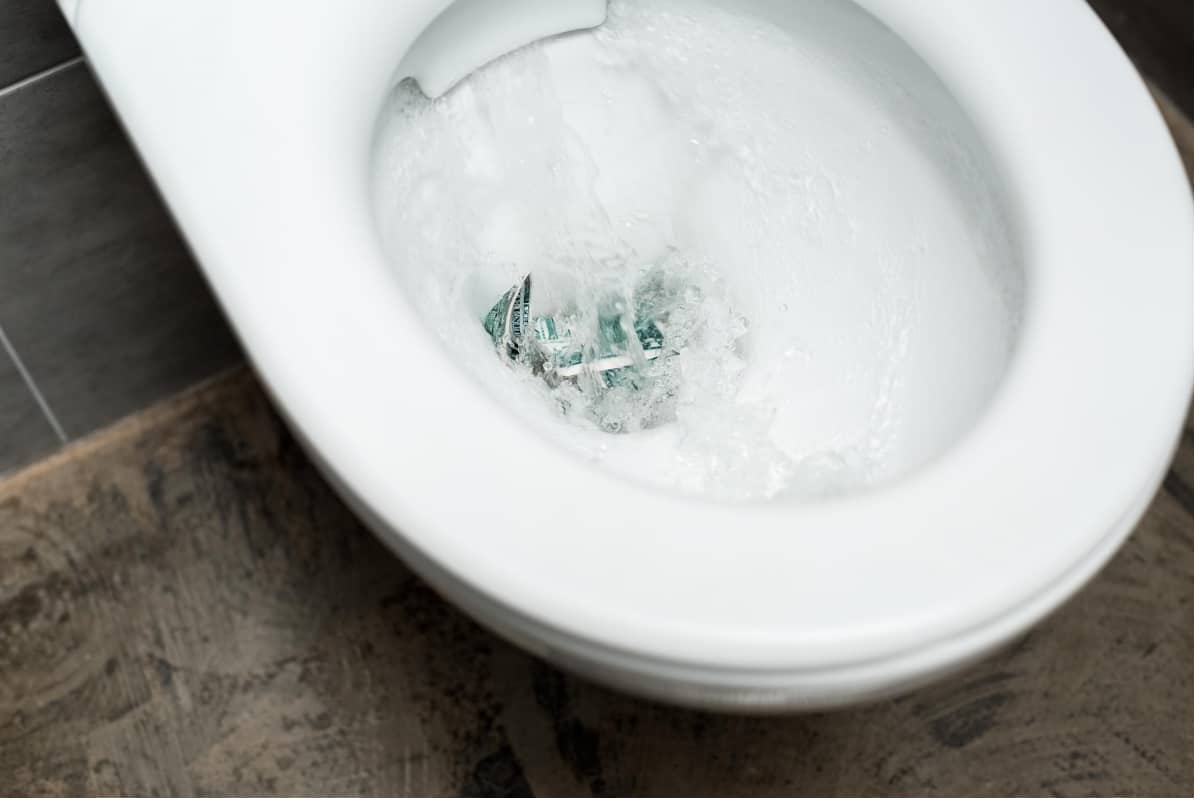

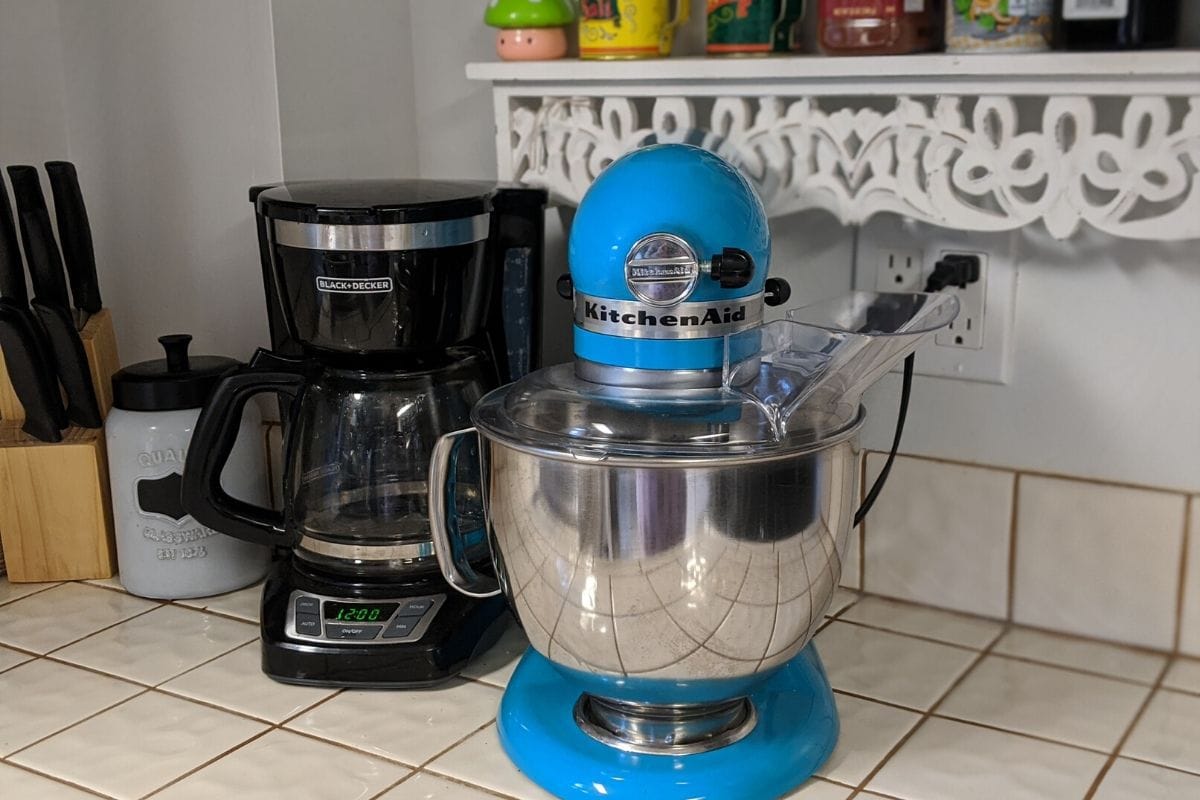
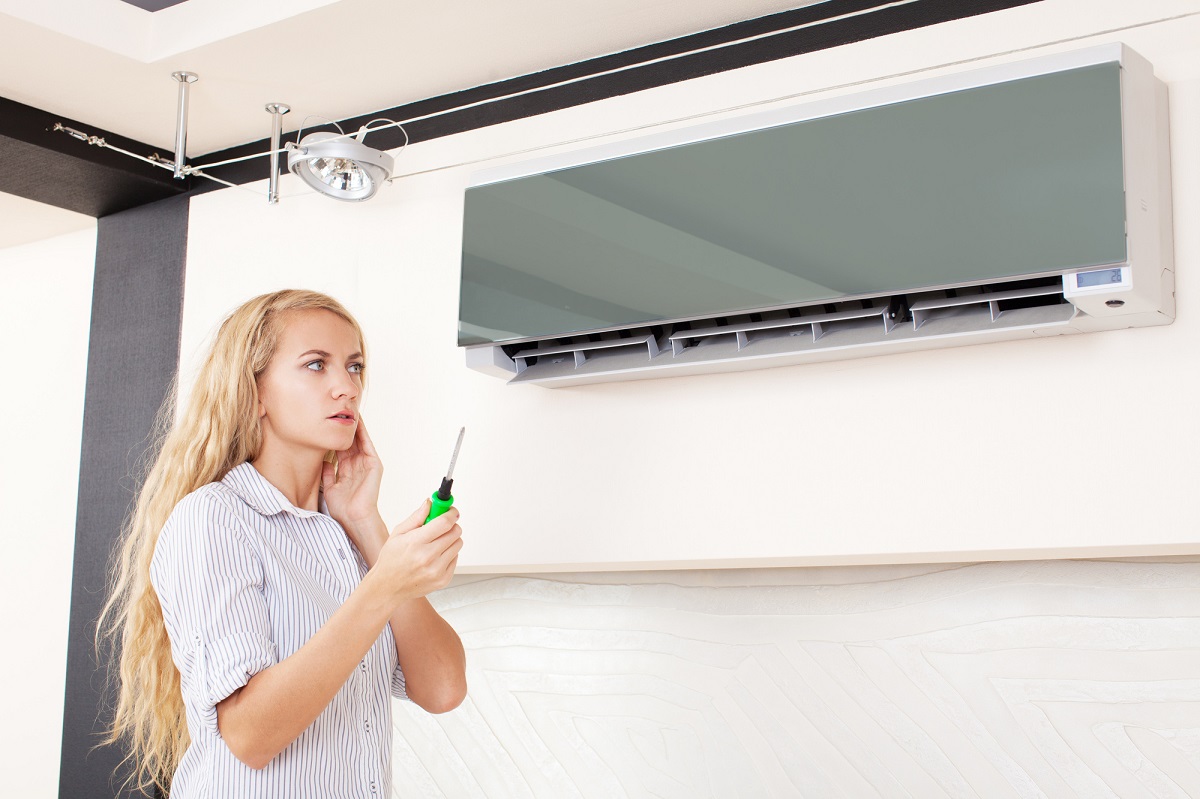

0 thoughts on “Why Does Refrigerator Make Noise”